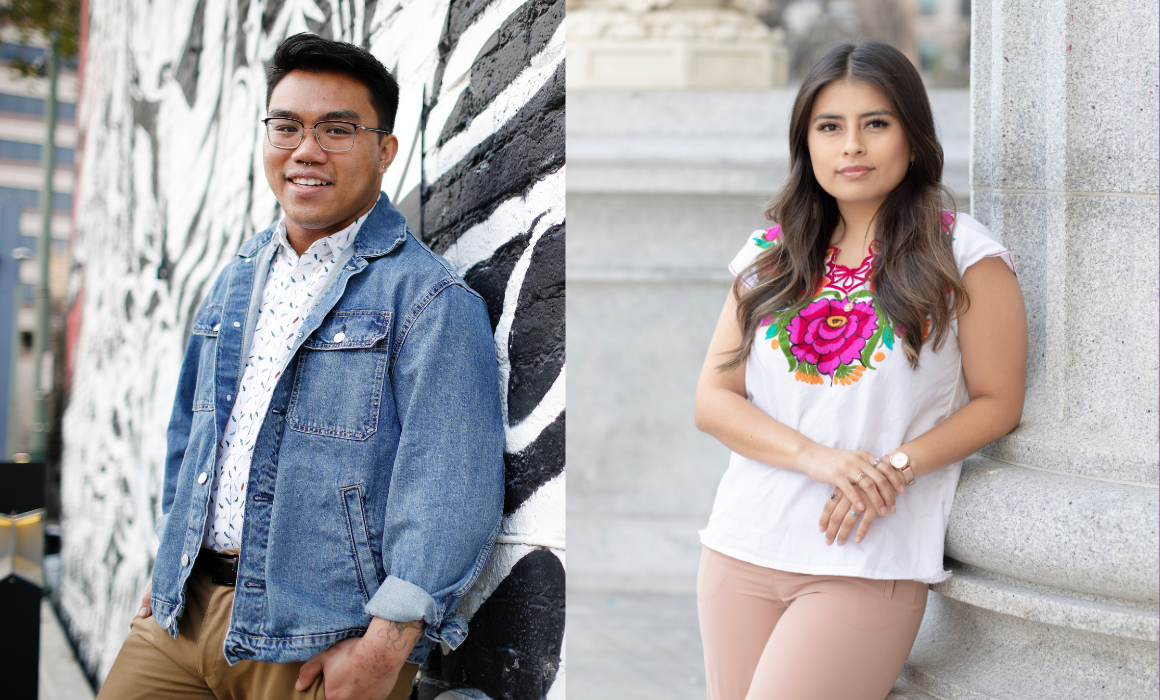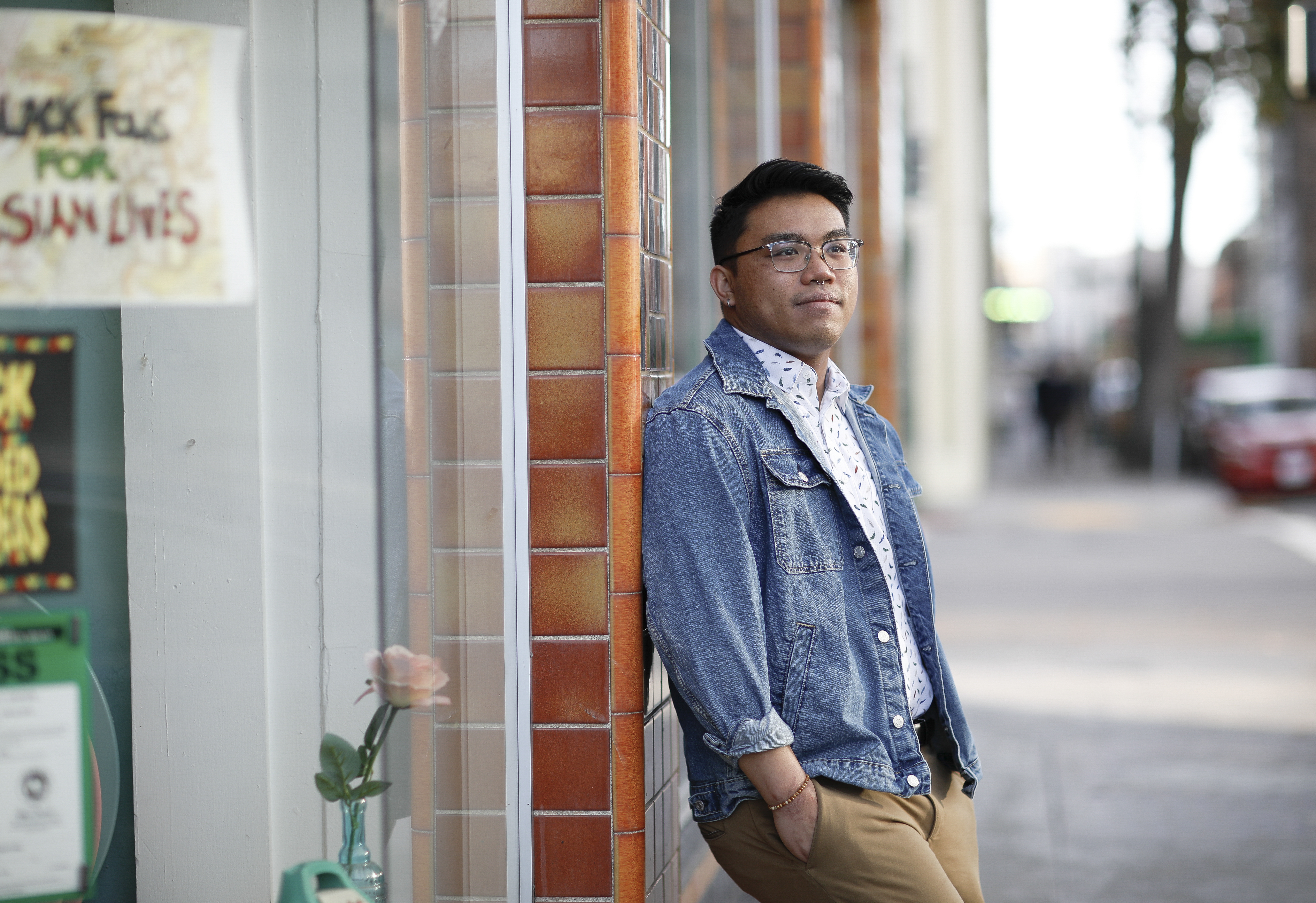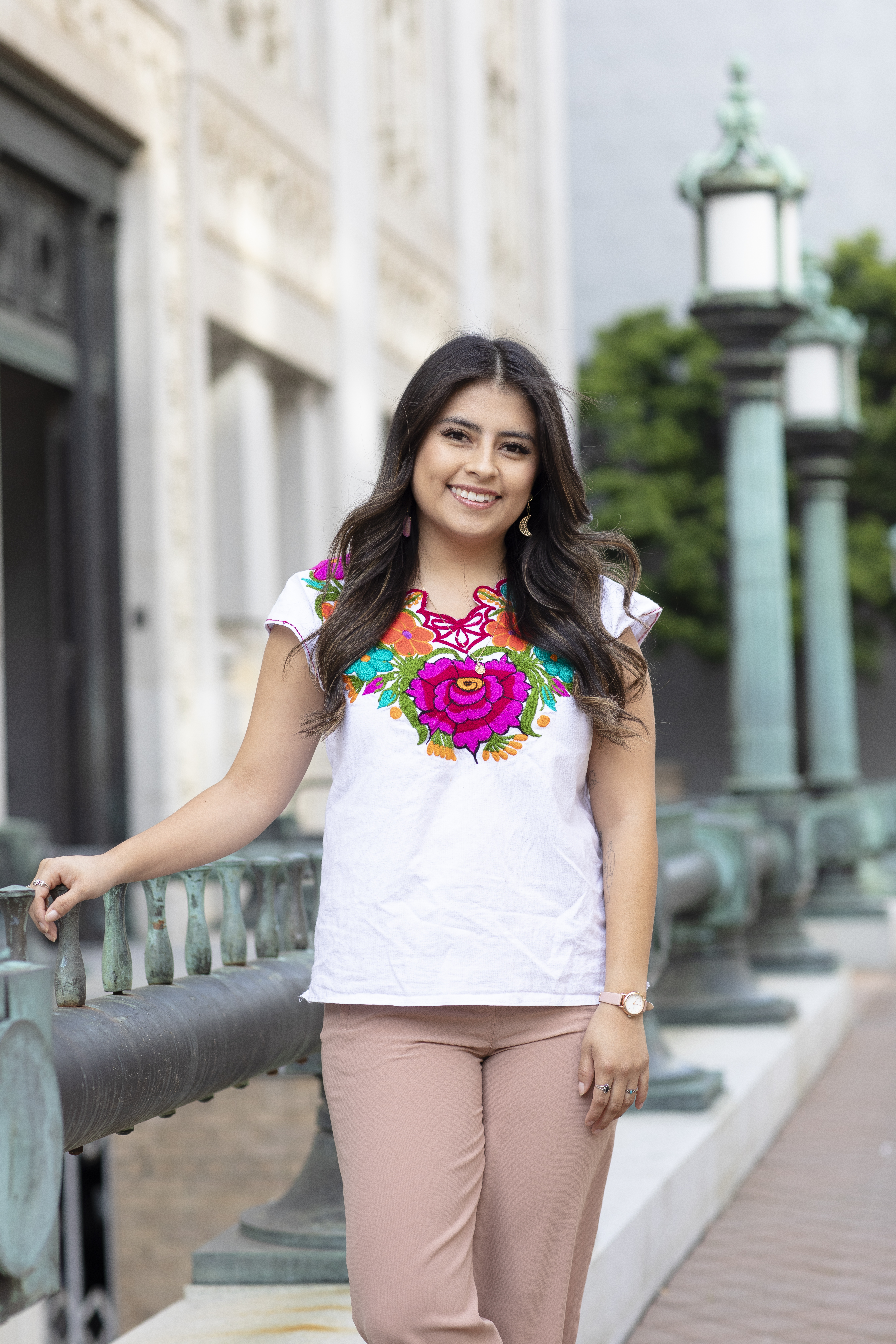
IN THE FAMOUS POEM, “I, Too,” Langston Hughes constructs a powerful and undeniable message: African Americans have long contributed to the rich fabric of the United States and will one day be recognized, included, and celebrated as part of mainstream society, ending racism and oppression for Black Americans.
Nearly 100 years after the poem was written, its message still rings true for many marginalized groups, from African Americans to Indigenous people to families who came to this country generations ago to the newcomers of today. But those who have lived in the shadows of society are slowly coming “out of the kitchen” to declare that they “too, sing America.”
Among them are 15,000 educators with Deferred Action for Childhood Arrivals (DACA) status — a federal policy that protects immigrants who were brought to the U.S. as children. DACA recipients receive temporary lawful status that prohibits their deportation and makes it legal for them to work and get a driver’s license, among other life-changing provisions. DACA, however, doesn’t provide a pathway to citizenship. Here, two Student CTA members who are DACA recipients share their stories.
The Vision Versus Reality:
Jerico “K-G” Keeler-Garcellano
 I was born in Saudi Arabia to Filipino parents. I come from a lineage of immigrants, carrying my family’s intergenerational stories: goodbyes, resistance, packing, repacking, fast food, paid in cash, pillows on hard floors, and education as social mobility.
I was born in Saudi Arabia to Filipino parents. I come from a lineage of immigrants, carrying my family’s intergenerational stories: goodbyes, resistance, packing, repacking, fast food, paid in cash, pillows on hard floors, and education as social mobility.
I also internalized my parent’s relentless message that I “had” to attend college. I was responsible for my family’s legacy because they brought me to the U.S., risking it all. It’s what we call in Tagalog an utang na loob — a debt of the soul.
And so here I am. The first in my family to navigate the U.S. educational system. Since my family wasn’t fluent in higher education discourse, most of this journey occurred on my own. This made me feel simultaneously connected and alone.
“I was responsible for my family’s legacy. It’s what we call in Tagalog an utang na loob — a debt of the soul.”
As a first-year student at UC Santa Cruz, my family didn’t have enough cash to last me the year. I was able to get a paid internship with the Student Diversity and Inclusion Program, a space for undocumented students who were unable to access paid
work and federal financial aid.
Soon I realized I wasn’t alone. I had a community of people in similar situations. Together, we learned how different populations are affected by dominant systems of colonialism and capitalism. We learned about anti-Blackness, classism, and cultural appropriation. I soon found myself leading seminars about meritocracy in K–12 education and White supremacy through assimilation.
Today, I am finishing up a master’s degree from UC Berkeley. This summer, I hope to be in my first classroom, teaching middle or high school ethnic studies. I want to provide my students — particularly those who are marginalized — with an opportunity to succeed by teaching a full and accurate history, filled with stories that have challenged dominant systems.
This is one of the things I value about the United States: BIPOC (Black, Indigenous, People of Color), women, and queer folks can challenge the norms of the country and help our students redefine what freedom means.
A New Dream:
Viridiana Castro Silva
 The notion of the American dream is so flawed to me. People say, if only you work hard enough, you’ll make it. My family and I have done that. Yet our status in this country has been threatened for more than two decades, and we’ve lived in fear. The narrative of this dream ignores the barriers that are intentionally created to keep people oppressed and away from real growth and opportunities.
The notion of the American dream is so flawed to me. People say, if only you work hard enough, you’ll make it. My family and I have done that. Yet our status in this country has been threatened for more than two decades, and we’ve lived in fear. The narrative of this dream ignores the barriers that are intentionally created to keep people oppressed and away from real growth and opportunities.
We can’t live in fear anymore. We need to be able to share our stories and continue to do the work we want to do. As an undergraduate student, I got involved in advocating for and making connections with fellow undocumented students in community colleges and high schools. I worked
to debunk myths that permeate immigrant communities — like the false belief that you have to be a U.S. citizen or have a green card in California to go to college.
“We can’t live in fear anymore. We need to be able to share our stories and continue to do the work we want to do.”
I was able to take my work into the union. I was the first openly undocumented president of Student CTA, and I’ve led advocacy trainings at Student CTA and CTA. I think they have resonated with folks — in the union you don’t need to be a citizen either because it’s irrelevant, and even using that to debunk what it means to be a leader.
We need a path to citizenship for the 11 million undocumented immigrants already living in the U.S. This would be such a victory for all of us and would solidify years of grassroots organizing. It would also show the value and power of working as a community as well as our influence in politics — whether we have voting ability or not.
Call on Congress to create a pathway to citizenship for undocumented students and educators.
The Discussion 0 comments Post a Comment